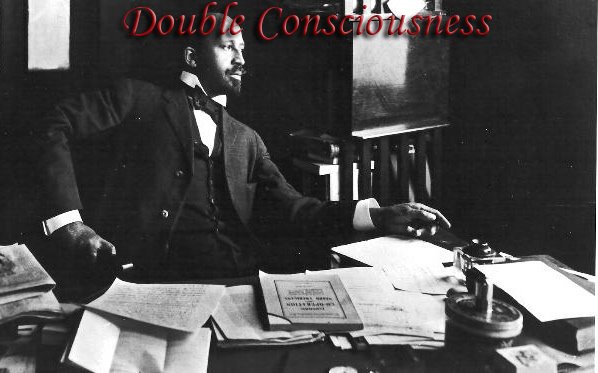 I've been reading this book these past couple of weeks entitled The Heart of Whiteness: Confronting Race, Racism, and White Privilege by University of Texas at Austin professor Robert Jensen. It's a nice, short read (approx. 96 pages) about the mechanics of racism and white privilege, and how whites maintain the racial hierarchy through their unwillingness to address the fact that we live in a white supremacist society. Rather than merely examining the affects of racism on people of color, the book turns its attention to whiteness and how a system of white privilege, supported and perpetuated by whites, also damages whites by inhibiting them from making meaningful connections with other human beings.
I've been reading this book these past couple of weeks entitled The Heart of Whiteness: Confronting Race, Racism, and White Privilege by University of Texas at Austin professor Robert Jensen. It's a nice, short read (approx. 96 pages) about the mechanics of racism and white privilege, and how whites maintain the racial hierarchy through their unwillingness to address the fact that we live in a white supremacist society. Rather than merely examining the affects of racism on people of color, the book turns its attention to whiteness and how a system of white privilege, supported and perpetuated by whites, also damages whites by inhibiting them from making meaningful connections with other human beings.In one of the later chapters Professor Jensen also offers some pretty sound advice on organizing people around the various forms of inequality that exist:
If I were to attempt any statement about solutions, it is that progressive social change requires one to go forward with passion and a sense of commitment in what one is fighting for, while at the same time being realistic about just how much one really understands a complex world. Those two things often are in conflict. To find the courage and energy it takes to stand against power, one has to believe deeply in the cause. There are few traditional rewards of status or material wealth to be gained in movements for progressive social change, and the more radical the movement, the fewer the rewards. So, the motivation for most people is passion and a belief that we are right. But at the same time, we have to retain an understanding that while we may be right in some sense about the quest for justice, our specific analysis at any given moment may be slightly off, or maybe even drastically wrong. If we are not open intellectual and moral humility, we are more likely to make mistakes, possibly quite serious mistakes, at some point. This is especially true of people in the more privileged sectors of society... One general principle can help guide us in these endeavors: As we struggle with how to confront these systems of power and privilege, we should go toward that which most frightens us... When we are dealing with issues of oppression, we are most likely to make progress when we face the things that we wish we did not have to face (85, 86).
With this in mind, it's important to realize that many of the significant social, political, gains made throughout history didn't simply come about through people rigorously lobbying or "getting out the vote." "The powers that be" didn't simply hand over the eight-hour work day, give women the right to vote, or end Jim Crow segregation out of the goodness of their hearts. Those things were a result of struggle -- of people out in the streets getting their heads cracked open by the police and/or military. Some of what Jensen states above reminds me of that one Mao Zedong quote:
A revolution is not a dinner party, or writing an essay, or painting a picture, or doing embroidery; it cannot be so refined, so leisurely and gentle, so temperate, kind, courteous, restrained and magnanimous. A revolution is an insurrection, an act of violence by which one class overthrows another.
The road to equality may not be pleasant one, but as Jensen suggests in his book, if we are earnest about creating a fair and just society than we (particularly those of us with privilege) have to accept that it does not come without costs. Part of the struggle entails that we realize and give up our privilege. It will be painful -- not as painful as the pain that the more oppressed experience, but it is a necessary pain that we must endure we if wish to recognize the truth and to eradicate the various "-isms" that inhibit us from realizing our full human potential.
If you're interested in reading excerpts from the The Heart of Whiteness: Confronting Race, Racism, and White Privilege you can check them out here at the author's homepage.



0 comments:
Post a Comment